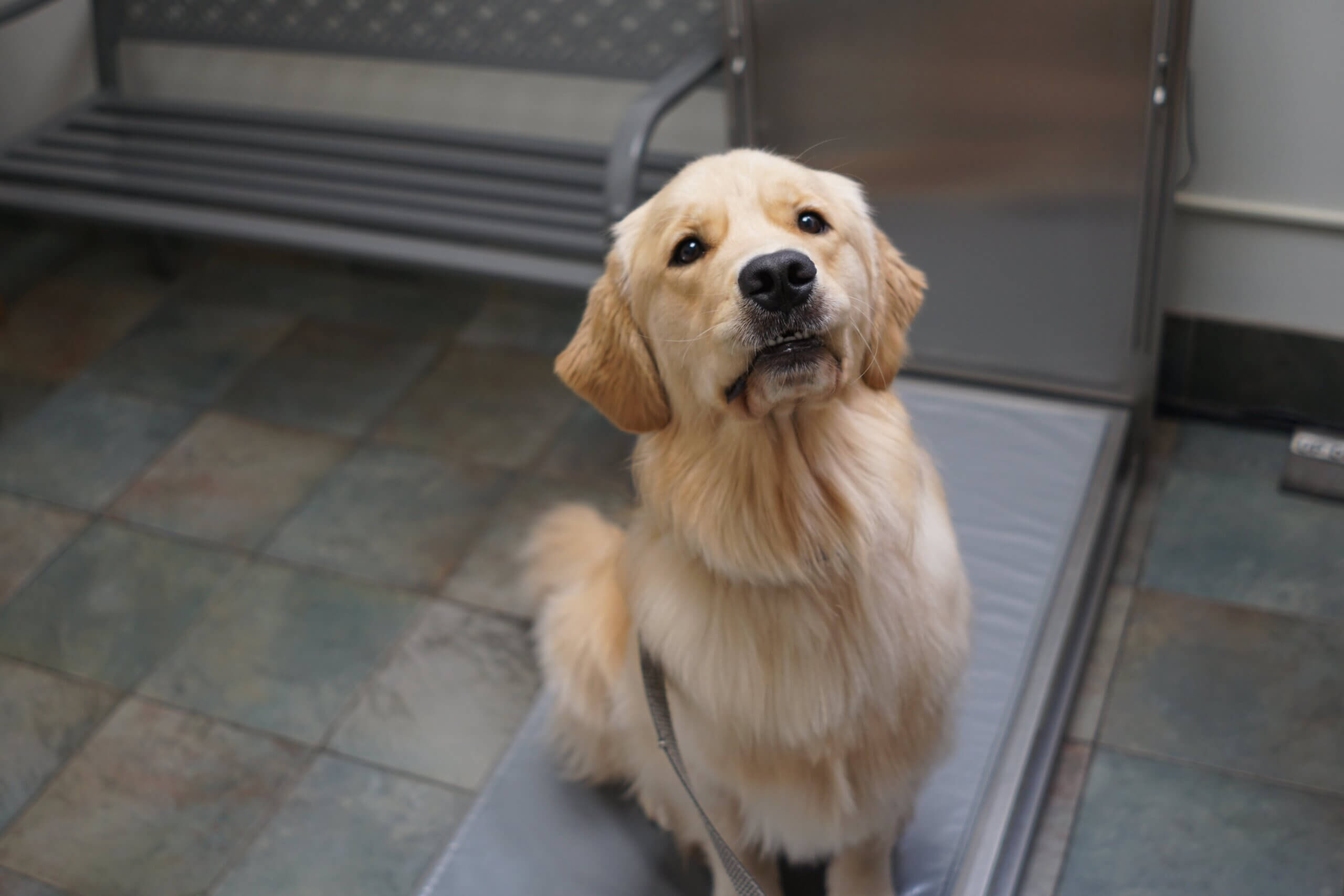
Did you know that pets can experience anxiety, just like humans? While mental health awareness for people has been rising steadily, it’s not quite as common for pets. We know that taking care of your pet’s mental state is just as important as taking care of its physical health, and we’re here to share our top tips for managing anxiety in your furry friend.
Create a Safe Space
Establishing a quiet, comfortable area where your pet can retreat can significantly help manage anxiety. This could be a specific room, a crate for dogs, or a high perch for cats. Stock up this space with their favorite toys and blankets to comfort them.
Behavioral Training
Counter-conditioning and desensitization techniques can be highly effective in managing pet anxiety. For example, if your pet is afraid of loud noises, you could gradually expose them to these sounds at a low volume. Try slowly increasing the volume over time as they become accustomed to it.
Exercise and Enrichment
Many cats or dogs get anxious when they have no outlet for their energy. That’s why regular physical activity and mental stimulation can help alleviate anxiety in pets. Provide toys that engage their minds, offer different types of play, and make sure they get adequate physical exercise each day.
Consult a Veterinarian
If you notice persistent anxiety-related behaviors, it’s important to consult your veterinarian. Sometimes these behaviors might be a sign of an underlying health issue. Moreover, your vet can suggest appropriate treatments, which may include anxiety medications or natural supplements depending on your pet’s lifestyle and age.
Your veterinarian is your top resource for information about managing your pet’s anxiety. We care about the well-being of your pet, and we are always here to answer your questions. Contact your veterinarian today to learn more!
